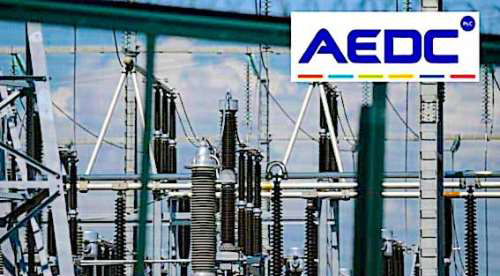Abuja Electricity Distribution Company (AEDC) has made a U-turn on its earlier decision to implement an increase in electricity tariffs starting from July 1, 2023. In a recent Twitter post, the company advised the public to disregard any communication circulating about the proposed review of electricity tariffs.
The tweet stated, “Be informed that no approval for such increments has been received. We regret any inconvenience.” This announcement comes as a relief to consumers who were anticipating a tariff hike in the near future.
Previously, AEDC had indicated its intention to raise electricity tariffs, citing the fluctuating exchange rate as a key factor influencing the decision. In a statement, the management mentioned that effective July 1, 2023, there would be an upward review of the electricity tariff based on the exchange rate fluctuations.
According to the MYTO 2022 guidelines, the previously set exchange rate of N441/$1 was expected to be revised to approximately N750/$1, which would have had an impact on the tariffs associated with electricity consumption. The new base tariff for customers within bands B and C, with supply hours ranging from 12 to 16 per day, was expected to be N100 per kWh. On the other hand, customers in Bands A (20 hours and above) and B (16 to 20 hours) would have experienced relatively higher tariffs.
In light of the reversed decision, AEDC encouraged customers with prepaid meters to consider purchasing bulk energy units before the end of the month. This would have allowed them to take advantage of the current rates and potentially save money before the implementation of any new tariffs.
The sudden change in AEDC’s stance on electricity tariffs has generated mixed reactions from consumers. While many are relieved by the temporary reprieve, others express concerns about the potential long-term implications of tariff adjustments.
The AEDC’s decision to rescind the planned tariff increase reflects the complex dynamics surrounding the electricity sector in Nigeria. The need to balance the financial viability of power distribution companies with the affordability and satisfaction of consumers remains a challenging task for industry stakeholders.
As the situation unfolds, consumers will continue to monitor any future developments regarding electricity tariffs, hoping for a sustainable solution that ensures reliable power supply without imposing excessive financial burdens on households and businesses.











